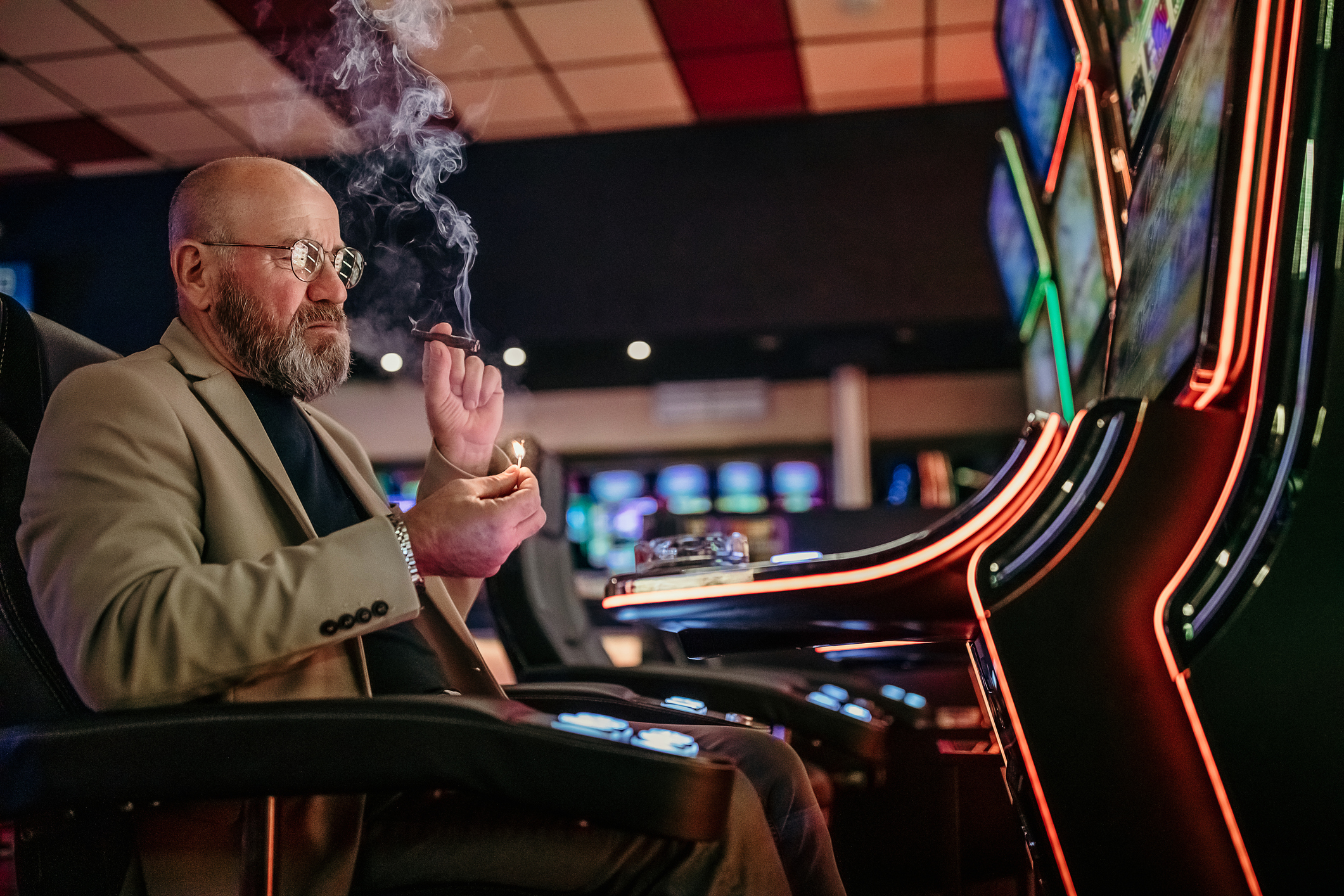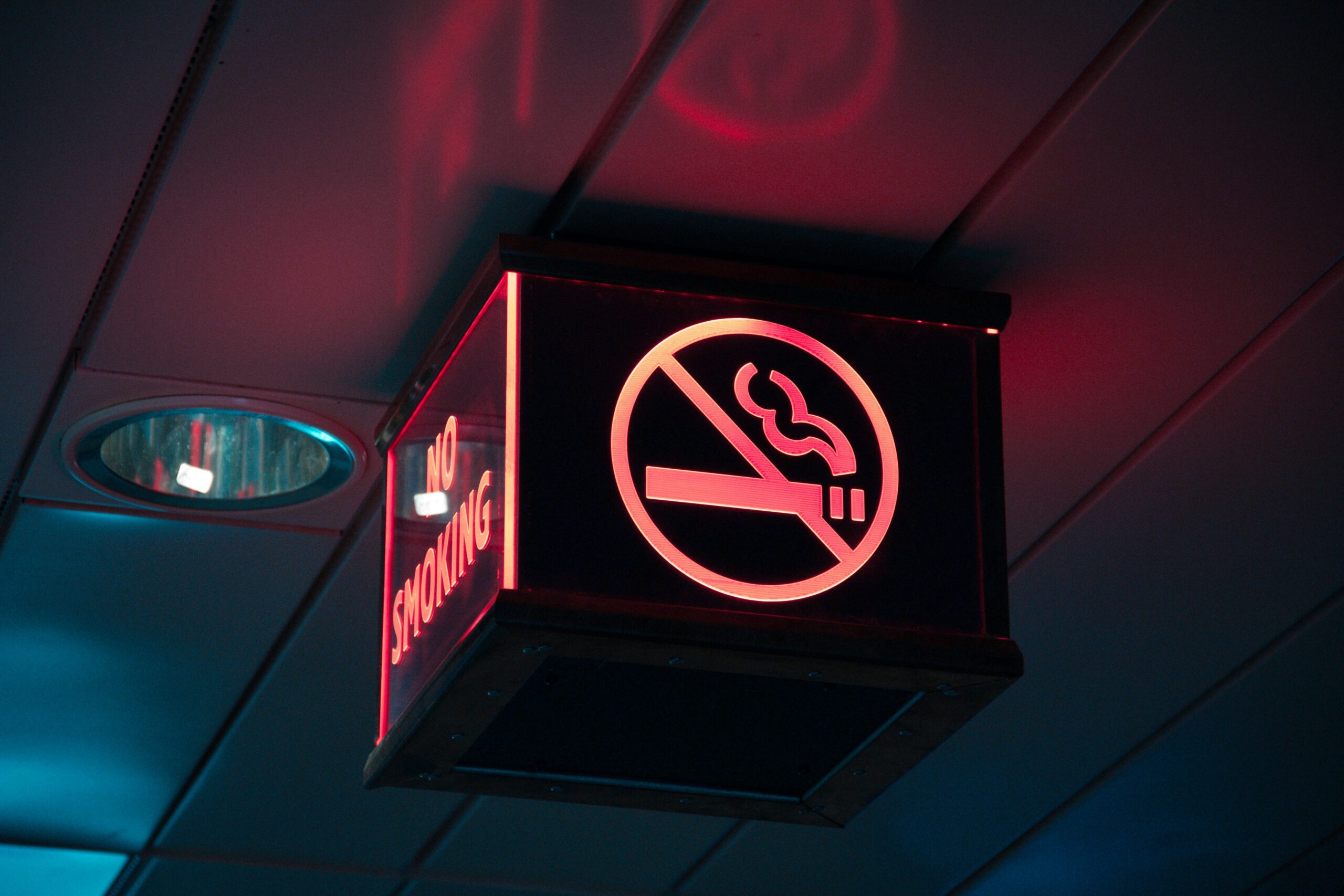Bally’s two casinos in Rhode Island will have reduced smoke levels, though this change is happening 18 months later than supporters had initially hoped for.
In a significant move towards public health and workplace safety, Rhode Island lawmakers have moved to limit smoking in the state's casinos.
As part of the $14.3 billion state budget finalized towards the end of the 2025 legislative session, changes were made to existing legislation regarding smoking in casinos. While the new measures do not completely eliminate smoking within these facilities, they represent a significant shift in policy.
The push to eliminate smoking in casinos gained considerable momentum following temporary prohibitions during the pandemic, when indoor smoking was halted as a safety measure. Casino employees, in particular, have been vocal advocates for a permanent ban, highlighting the health risks associated with secondhand smoke. Despite these efforts, economic concerns voiced by the casinos led to a legislative compromise.
Legislative Changes and Compromises
The campaign to ban smoking in Rhode Island's casinos has been active for several years, experiencing numerous challenges along the way.
However, a breakthrough was achieved with the recent legislative decisions. The original proposal by Representative V. Susan Sosnowski would have completely removed the exemption that allowed smoking in casinos, as stipulated in the Public Health and Workplace Safety Act.

In a compromise with Bally’s Corporation, which owns the Twin River and Tiverton casinos, the Senate amended the bill to permit one “smoking lounge” per casino.
These lounges must be enclosed spaces equipped with ventilation systems to prevent smoke from seeping into non-smoking areas. This compromise was necessary to balance public health concerns with the economic interests of the casinos, which argued that a complete smoking ban could lead to reduced patronage and loss of revenue.
Why Is There a Push to Ban Smoking in Casinos?
The movement to ban smoking in casinos is driven by several compelling reasons:
1. Health Risks: Secondhand smoke is a known health hazard that contributes to respiratory illnesses and other health issues. Casino employees and patrons are at risk of exposure, leading to potential long-term health consequences.
2. Workplace Safety: Employees in casinos are entitled to a safe working environment. A smoke-free workplace is essential for their health and productivity.
3. Public Health Advocacy: Health advocates have consistently fought for smoke-free environments, emphasizing that the benefits of banning smoking far outweigh the drawbacks. Cleaner air improves the overall experience not just for employees but also for non-smoking patrons.
4. Consistency in Law: Most indoor public spaces in Rhode Island, including bars and restaurants, are smoke-free. Extending this protection to casinos aligns the law uniformly across the state.

Casinos in New Jersey, Kansas, and Missouri may face similar restrictions soon. Currently, nearly 30 states, along with the District of Columbia, Puerto Rico, and the U.S. Virgin Islands, have laws that ban smoking in all workplaces, restaurants, and bars. Michigan added more smoke-free casinos earlier this year.
The American Cancer Society is backing the push for smoke-free environments by offering resources and information about the risks of secondhand smoke. According to their researchers, secondhand smoke is just as dangerous as the smoke that smokers inhale because it contains the same harmful chemicals.
Rhode Island Casinos Won't See Change For Two Years
While the changes will not take full effect until July 1, 2027, when the delayed implementation comes into play, the legislation now awaits Governor Dan McKee's signature.
If signed into law, it represents a new chapter in the state's public health policies, moving towards creating healthier indoor environments for both workers and patrons. The decision illustrates the complexities involved in balancing economic interests with the health and safety needs of the community.
While the recent changes in Rhode Island's casino smoking legislation do not entirely fulfill the long-term goal of a complete ban, they mark significant progress and reflect ongoing dialogue between public health advocates and the business sector.









